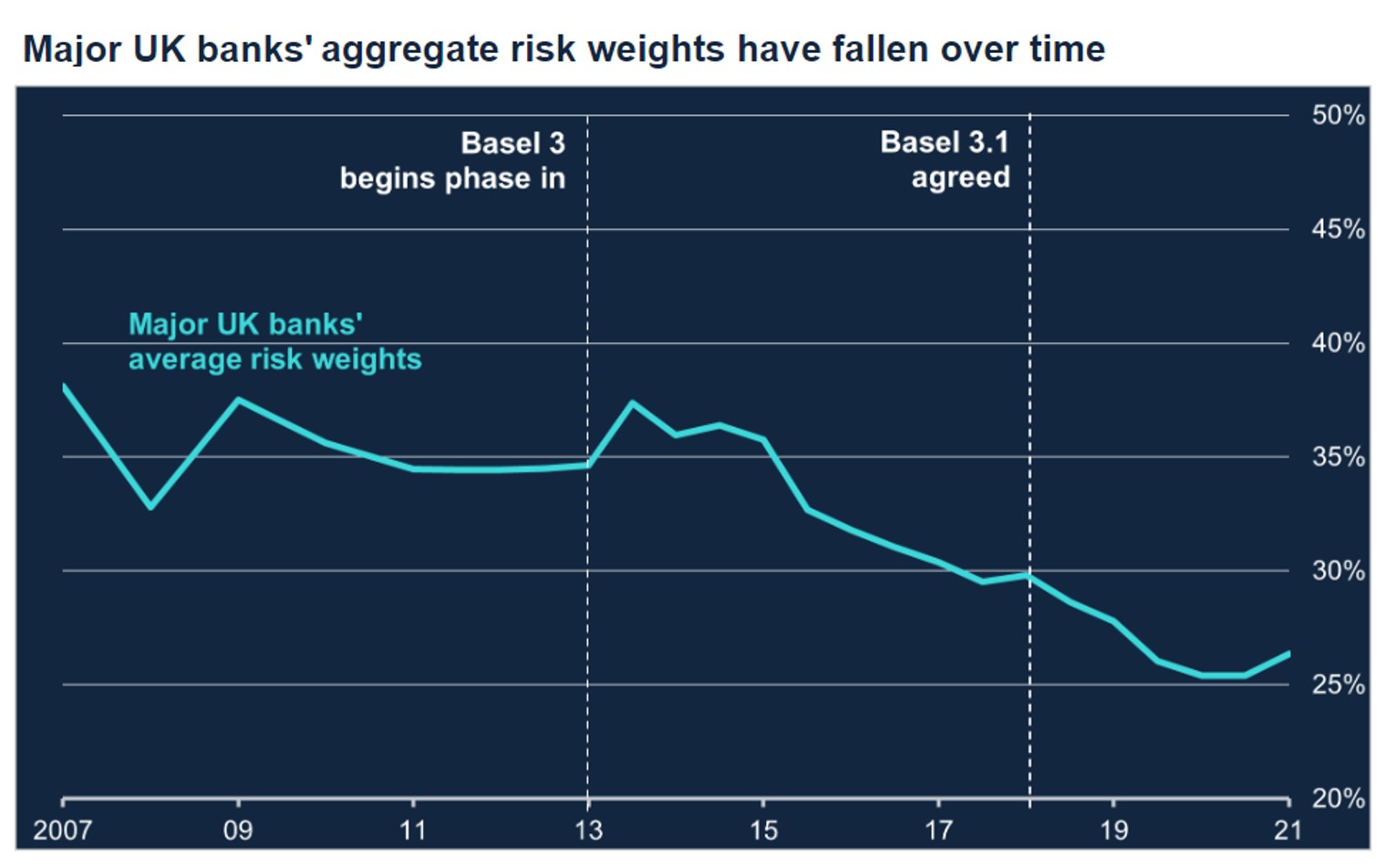Newsletter AGILE Reporter Issue 12 | Q4 | 2022

Date
EMEA Region
User Focus Groups
We are pleased to announce the resumption of our User Focus Groups, serving our leading UK user community. Previous sessions have been well-attended and highly appreciated by participants.
The next User Focus Group will be on Pillar 3 reporting. If you are interested in participating, please get in touch with Jawad Akhtar.

There will be a full agenda of User Focus Groups throughout 2023. To register interest and even suggest a topic, please get in touch with your Account Manager.
PRA Basel 3.1 draft proposals
The PRA have announced their approach to Basel 3.1, with a consultation process started late last year. It looks to be a substantial change to the calculations for credit risk, CCR, market risk, operational risk and more. Check CP 16/22 for more details.
Implementation is set to go live in January 2025, which means many firms will be starting projects on these changes in 2024, and planning for those projects over the course of this year.

OCSA to BEEDS migration complete
All customers are now submitting their Bank of England statistical returns to BEEDS.
In case you missed it, James Phillips’s reminiscences are posted here:
In addition, in the fourth quarter of 2022, VERMEG North America:
⁄ Completed the revisions to Form SLT (Aggregate Holdings, Purchases and Sales, and Fair Value Changes of Long-Term Securities by U.S. and Foreign Residents), which entail adding the procedures for calculating valuation, i.e., changes in fair value, due to market condition and incorporating purchase and sale activities of long-term securities along with custody activities;
⁄ Also completed revisions to the Country Exposure Report (FFIEC 009) and the Country Exposure Information Report (FFIEC 009a). The changes entail additional information on the schedule C Part II memorandum for FFIEC 009 and additional information in FFIEC 009a and elimination of Part B; and
⁄ Finally, produced the calculation engine and disclosure form for net stable funding ratio (NSFR). The NSFR calculation engine is built based on the Appendix VIII (“NSFR to FR 2052a Mapping”) provided by the Fed as part of FR 2052a 6G instruction and the disclosure form reflects the Disclosure Template introduced in the Final Rule for Net Stable Funding Ratio: Liquidity Risk Measurement Standards and Disclosure Requirements.
Reminder for our VERMEG North America customers, the AGILE Suite, with REG-Reporter integrated to AGILE Reporter is available as SaaS with SOC2 type 2 audit. If you are interested in upgrading from your on-premise REG-Reporter, Find out more here or get in touch with your account manager directly.
APAC Region
APRA has released a response paper to the Direction for granular data collections consultation
In December 2022, Australian banking regulator APRA released a response paper addressing feedback on its direction for data collections consultation that was originally published in March 2022.
Previously in Mar’22, APRA released the discussion paper APRA’s Direction for data collections which set out its changing approach to data collection, the rationale for these changes and an outline of the implementation roadmap for each industry. APRA has engaged broadly with stakeholders through specific activities such as a webinar overview, industry roundtables and discussions, and an invitation to provide written submissions in response to topics in the Direction for data collections discussion paper.
This response paper sets out APRA’s response to feedback received and covers a range of issues relating to the impact of the intended changes.
As part of this response APRA will commit to:
⁄ Providing more detailed roadmaps for the intended design and implementation of new collections for each industry;
⁄ Working with industry to develop a targeted framework that supports data quality outcomes for more granular collections;
⁄ Continuing to work with all industries through strategic and technical working groups to support planning, design, and implementation of the future collection roadmaps, and taking a co-design approach to the design of collections.
Further details on this response paper can be found in below link from APRA: APRA response to Data collection consultation
HKMA updates to Implementation timelines for Basel III final reform package:
Based on further consultations with the industry, Hong Kong banking regulator HKMA has made few adjustments to the policy intent for implementing the revised capital standards under the Basel III final reform package. HKMA has considered views from the industry about competing priorities and resource constraints amid challenges associated with the Covid-19 pandemic, as well as the need to harmonize with the implementation schedules and approaches of major jurisdictions.
To allow more time for the industry to prepare for the necessary system changes for the adoption and the regulatory data reporting required of the standards, , the implementation timeline was revised as follows:

a) the implementation date of those standards associated with credit risk, operational risk, the output floor and the leverage ratio will be adjusted from 1 July 2023 to a date no earlier than 1 January 2024;
b) the new standards for market risk and CVA risk will, as was previously communicated, take full effect on a date no earlier than 1 January 2024.1 However, the reporting-only period for these two standards will be shifted from 1 July 2023 to 1 January 2024.
FinTalk Podcast
In case you missed it, please listen to these recent Fintalk podcasts, relevant to regulatory reporting:
How Will Regulators React to the Rise of Cryptocurrency with:
⁄ Barney Reynolds, Partner at Shearman & Sterling LLP
Catalysing Efficient Change Through RegTech with:
⁄ Niresh Rajah, Managing Director, Head of Data, RegTech & Digital Advisory Practice
⁄ Alan Blanchard, Global Head of Partnerships, VERMEG
The Open Source Future of Financial Services with:
⁄ Jane Gavronsky, CTO- FINOS
⁄ Malcolm Arnold, Global Head of Regulatory Reporting, VERMEG
AGILE Suite 22.4 Upgrade
Another quarter, another set of improvements to AGILE suite!
Enhancements:
⁄ Supporting multiple return submissions in ‘one click’ (e.g. Singapore’s TBGS Return);
⁄ Added support for summing a page instance specific column in a grid;
⁄ Added a Select/Deselect all option to Privilege Groups and User Groups;
⁄ Added support for Windows Server 2022;
⁄ ActiveMQ Journal can be configured as a file, improving performance and reliability;
⁄ AGILE FCR Calcs now supports dataset locking;
⁄ Added support for TLS1.2 for AGILE FCR Calcs;
⁄ Various Report View improvements:
- Added more filter operators, like: has value, has no value, starts/ends with, doesn’t contain, in range, etc.
- Data grid is now vertically fully aligned;
- Report name for non-standard reports is now displayed on a title bar and tab;
- Return’s Reports menu: reports are sorted in alphabetical order (with Allocation and Rejection appearing at the top – where applicable);
- ETL report fields are displayed in alphabetical order;
- Number presentation: values are formatted with a thousand separator and decimal values are presented with 2 decimal places (exported numerical values retain full precision).
Corrections:
When changing a password, user is now not allowed to re-use their old password
On Submit All (for Data schedules): clicking on a schedule now selects the form automatically
Report View corrections:
⁄ Report date values are now not offset by server time zone difference.
⁄ Date filtering: filter values are now displayed fully.
⁄ Contains filter now works correctly when filtering alphanumeric values containing numbers
Moving to calendar versioning
As we move into the new year, please note a change in version numbering. The entire AGILE suite is moving to ‘Calendar Versioning’ of the form YY.MM.minor.patch.
This is a departure from the old style of 22.1, 22.2, 22.3 and 22.4 for the quarterly releases in 2022. From 2023, the quarterly releases will be 23.2 in mid February, 23.5 in mid May, 23.8 in mid August and 23.11 in mid November.
The regulatory product releases will similarly follow a YY.MM.minor.patch scheme, in a release cycle appropriate for the particular jurisdiction.



